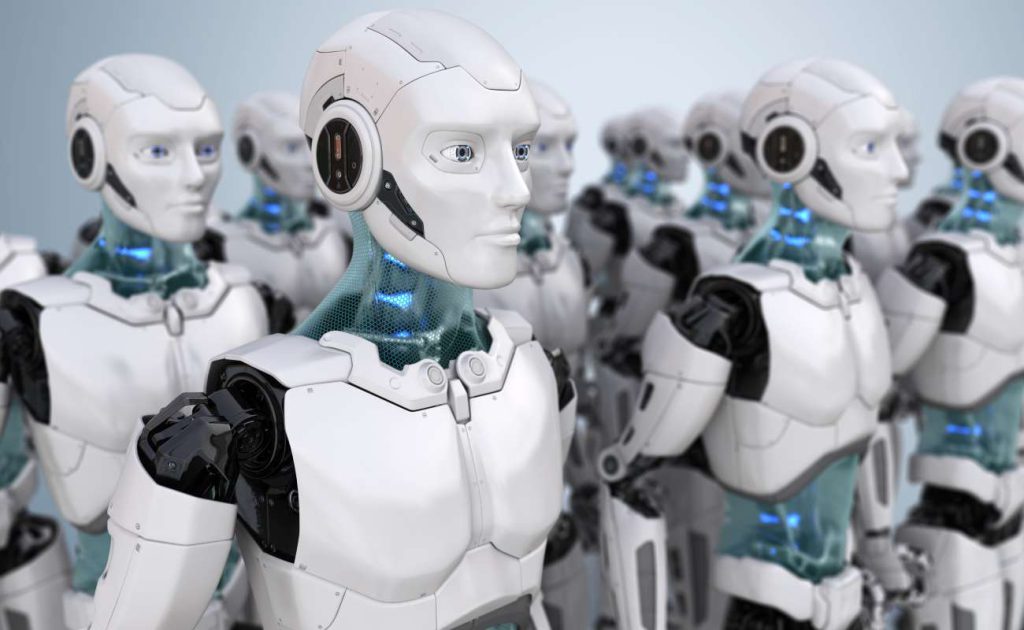Artificial Intelligence (AI) is the newest trend in the legal profession. What are essentially robot lawyers are using analytics technology, algorithms, and machine learning to complete tasks often performed by entry-level lawyers.
The legal tech company InCloudCounsel has developed AI tools for use in the legal profession.These tools are more inline with apps on your phone and are not actual robots rolling around a courtroom. Instead, these AI programs have been programed to perform mundane tasks like researching terminology, or completing forms.
AI in the legal profession is not meant to replace lawyers, but rather assist lawyers to allow them to focus on more important tasks involving cases and clients. With more AI in use, lawyers will be able to take on more cases, and in turn, provide legal counsel for those who need it. Implementing AI is also set to help with due diligence in law offices by conducting research and uncovering background information on clients.
For consumers, AI means more affordable legal assistance. DoNotPay is an app that claims to be “the world’s first robot lawyer”. The company boasts an AI chatbot that screens users for legal problems and uses their answers to submit paperwork to law offices. The cost effectiveness of the app is in the name and allows consumers to cut out the exorbitant legal fees.
AI-powered machines have been developed to help judges and lawyers with the outcomes of cases. These machine are programmed with algorithms mean to predict the likelihood of an outcome based on the facts of the case.
AI is still a relativity new concept despite being in almost every aspects of our lives on a small scale and using it in the legal system is no different. With emerging AI, the legal profession will have to adapt. Deloitte predicts that 100,000 legal roles will be automated by 2036.

